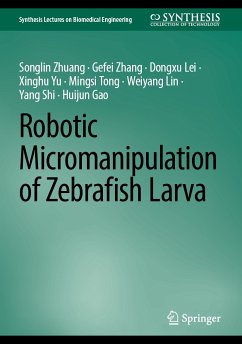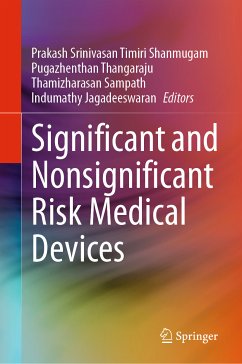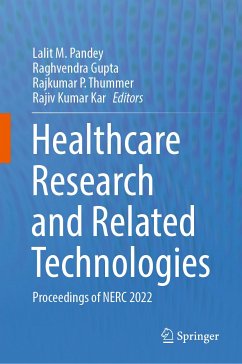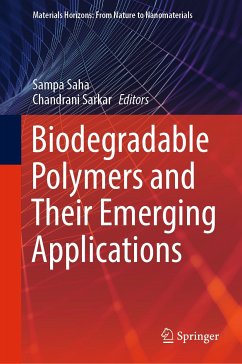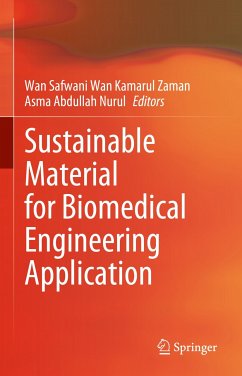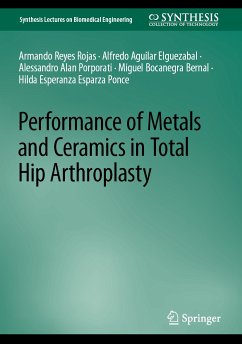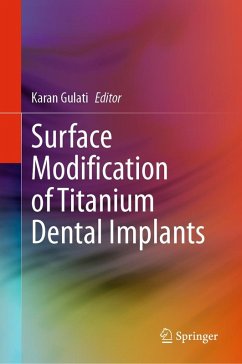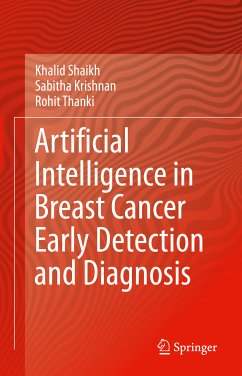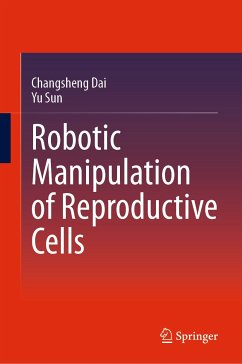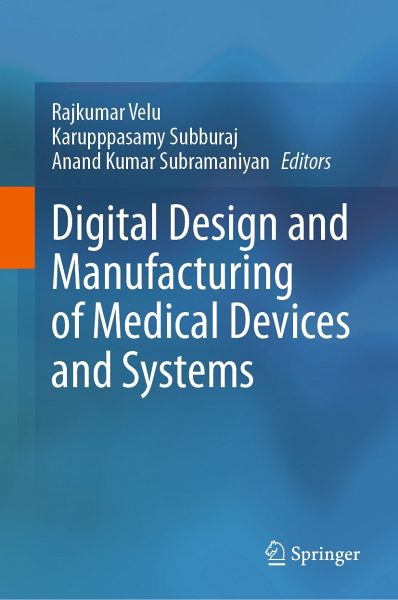
Digital Design and Manufacturing of Medical Devices and Systems (eBook, PDF)
Versandkostenfrei!
Sofort per Download lieferbar
128,95 €
inkl. MwSt.
Weitere Ausgaben:

PAYBACK Punkte
64 °P sammeln!
This book coherently presents the advances in technological principles, processes, and methods of Additive Manufacturing (AM), Augmented reality (AR), and Internet of things (IoT) in biomedical technology. It offers an overview of these high-impact technologies in terms of materials, processes, and in-situ monitoring of fabricating biomedical devices, implants, and prosthetics. Furthermore, the book also aimed to cover pedagogical applications, including the design and development of high-fidelity anatomical and hybrid physiological human models, for medical and design students and clinicians ...
This book coherently presents the advances in technological principles, processes, and methods of Additive Manufacturing (AM), Augmented reality (AR), and Internet of things (IoT) in biomedical technology. It offers an overview of these high-impact technologies in terms of materials, processes, and in-situ monitoring of fabricating biomedical devices, implants, and prosthetics. Furthermore, the book also aimed to cover pedagogical applications, including the design and development of high-fidelity anatomical and hybrid physiological human models, for medical and design students and clinicians for learning, understanding, and gaining insights into the structures and functions of human organs and pathology. In turn, the book also discusses the applications of artificial intelligence in the 3-D printing of pharmaceuticals. This book is a useful resource for manufacturers, scientists, engineers, and young research scholars understand disruptive technology's real potential in biomedicalapplications.
Dieser Download kann aus rechtlichen Gründen nur mit Rechnungsadresse in A, B, BG, CY, CZ, D, DK, EW, E, FIN, F, GR, HR, H, IRL, I, LT, L, LR, M, NL, PL, P, R, S, SLO, SK ausgeliefert werden.



